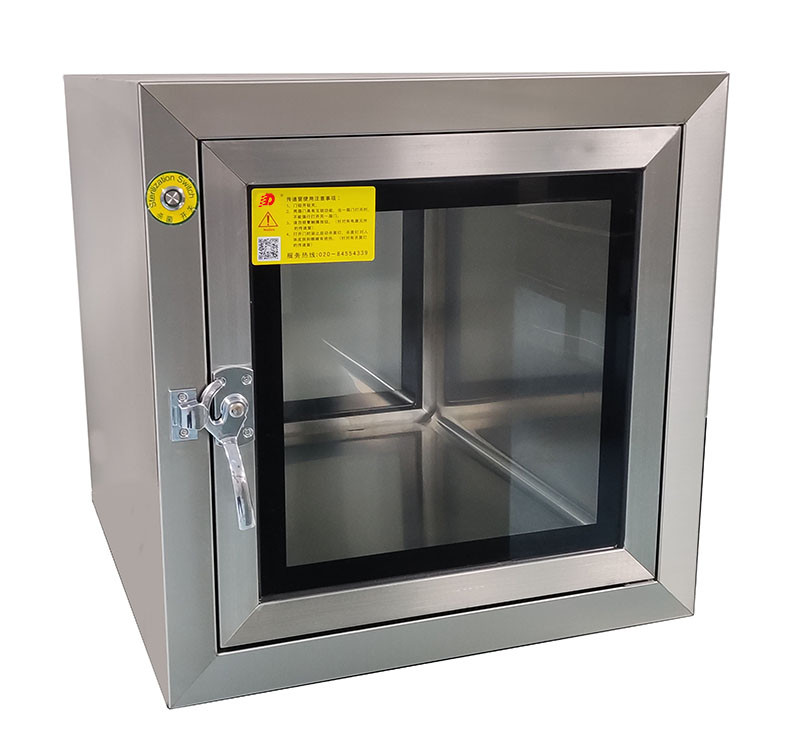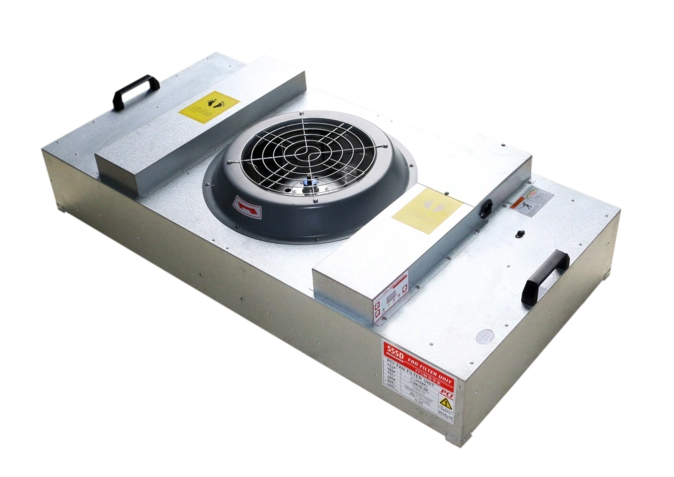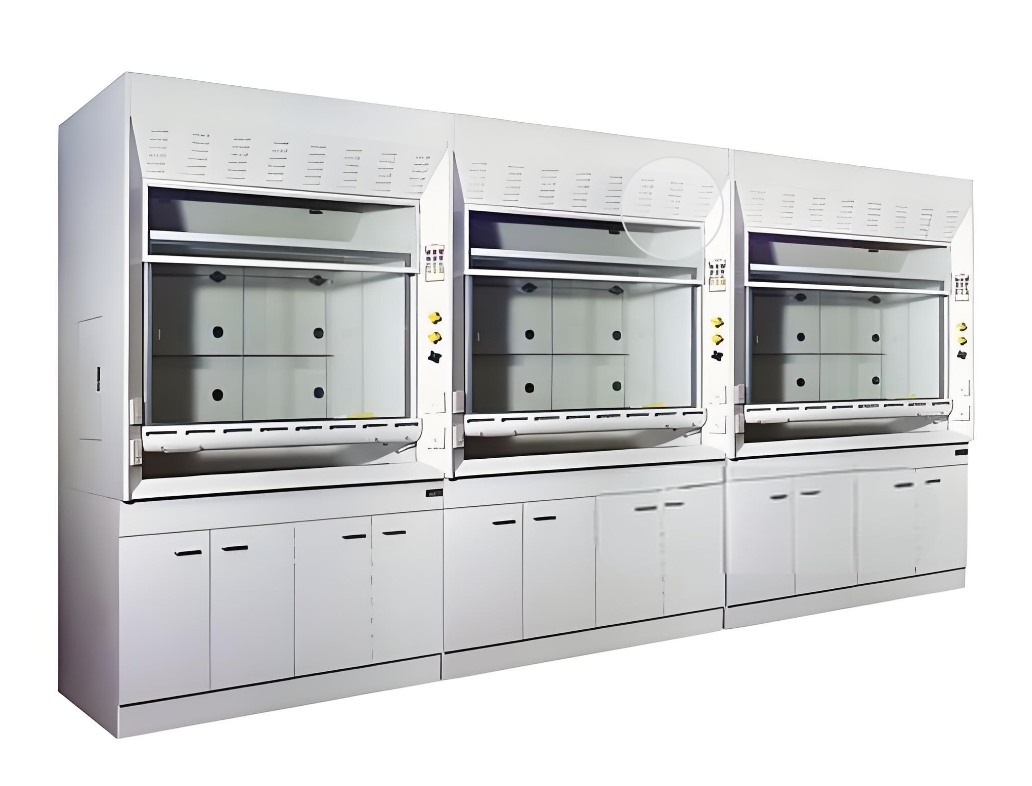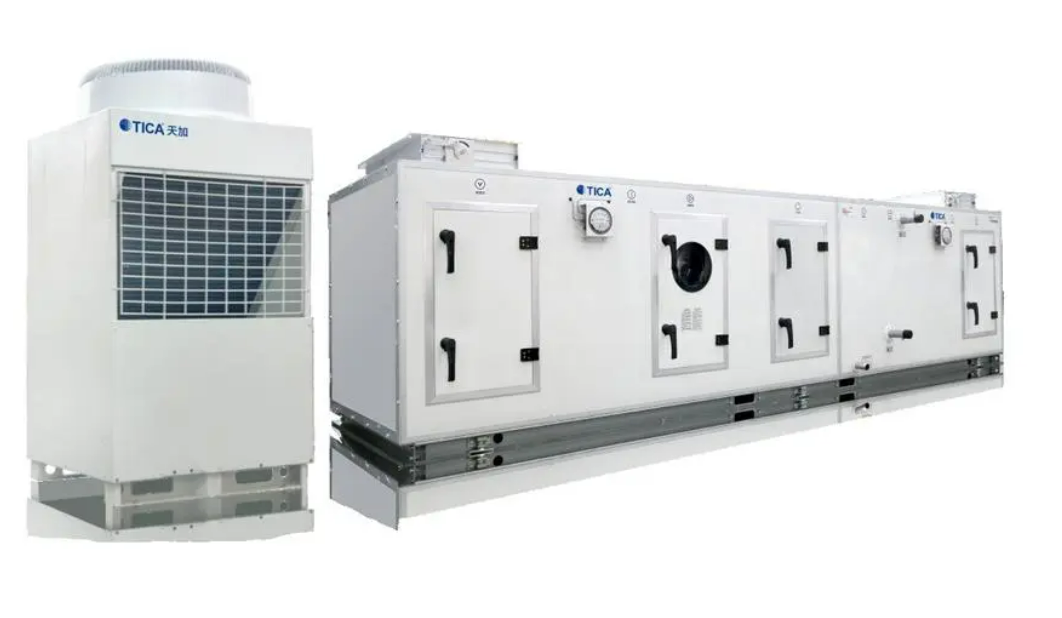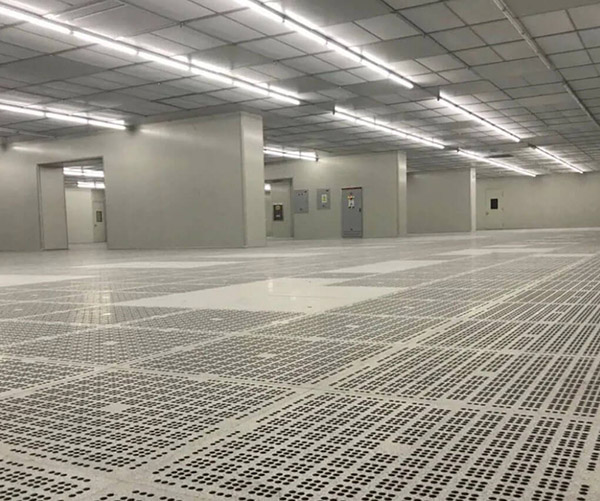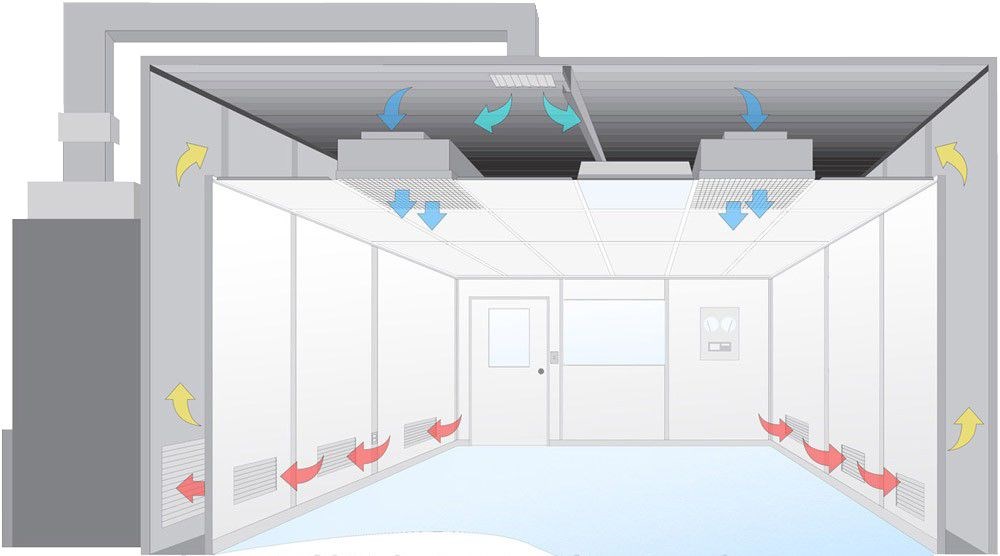Standardizing Clean Room Management Methods to Ensure Optimal Cleanliness and Compliance
Purpose
Special regulations are set to standardize the clean room management method and ensure the cleanliness of the clean room.
Scope
All personnel whose work content is related to the clean room must comply with this.
Project Spotlight | Class 1,000 Cleanroom
Clean room environment designed for precision manufacturing
Responsibilities
Production Section
Oversees daily operations and compliance within the clean room environment
Factory Affairs Department
Manages maintenance, cleaning protocols, and facility management
Contents
1. Use of Clean Room
The grade of this clean room is CLASS 1000
All personnel must wear dust-free clothes and hats to maintain contamination control
Wear latex gloves and masks according to work requirements
Temperature set at 22±4℃, humidity below 60%
Maximum occupancy: 15 people

Preventative Cleanroom Maintenance
Proper personnel management ensures contamination control
Key Requirements
- Do not adjust air conditioner settings without authorization
- Do not turn off fans except for maintenance or holidays
- Use internal phones for communication - no face-to-face at doors
- All items must be cleaned before entering clean room
- No removal of clean room garments inside the facility
- No filing or generating debris indoors
2. Cleaning and Maintenance
Daily Procedures
- Clean floor and conveyor belt with dust-sticking roller
- Wipe air shower walls with dust-free cloth
Weekly Procedures
- Clean floor with sponge mop after washing every Friday
- Spray floor shoes with medicinal alcohol for disinfection
Air Pressure Management
- Maintain positive pressure at all times
- Monitor via red belt fluttering at air inlets/outlets
3. Cleaning Protocols
Garment Management
- Anti-static clothing and hair caps replaced and cleaned every Monday
- Company handles all cleaning uniformly
Equipment Disposal
- Collect latex gloves and dust-free cloth in recycling bins
- Proper disposal of all consumables
Tips for Cleaning Panels in an ISO 7 Cleanroom
Frequently Asked Questions
1What is a Class 1000 Cleanroom?
Users often want a clear definition of what a Class 1000 Cleanroom is. They are interested in understanding its classification according to cleanliness standards (such as ISO 14644-1) and the particle limits that define its cleanliness level.
2What are the air particle count limits?
This question focuses on the specific particle count limits for different particle sizes (e.g., ≥0.5 microns) within a Class 1000 cleanroom. People are looking to understand how many particles are allowed in the air per cubic meter for this class of cleanroom.
3Key components of management system
Users often inquire about the critical elements that constitute an effective management system, including air filtration, HVAC systems, contamination control, personnel protocols, gowning procedures, and cleanliness monitoring.
4Operational and maintenance requirements
People are interested in knowing the specific protocols for maintaining the cleanroom environment, such as cleaning schedules, routine checks, calibration of equipment, and how to manage contamination risks.
5Comparison with other classifications
Users want to know the differences between various cleanroom classes, such as Class 1000 vs. Class 100 or Class 10000, in terms of cleanliness standards, operational requirements, and suitability for different industries or applications.
Compliance Standards
Our Class 1000 Cleanroom adheres to the strictest international standards for particulate control and contamination prevention.
iso 14644-1
CleanRoom Classification standard
GMP Guidelines
Good Manufacturing Practices
 +86 18186671616
+86 18186671616 Jason@cleanroomequips.com
Jason@cleanroomequips.com
 MENU
MENU









